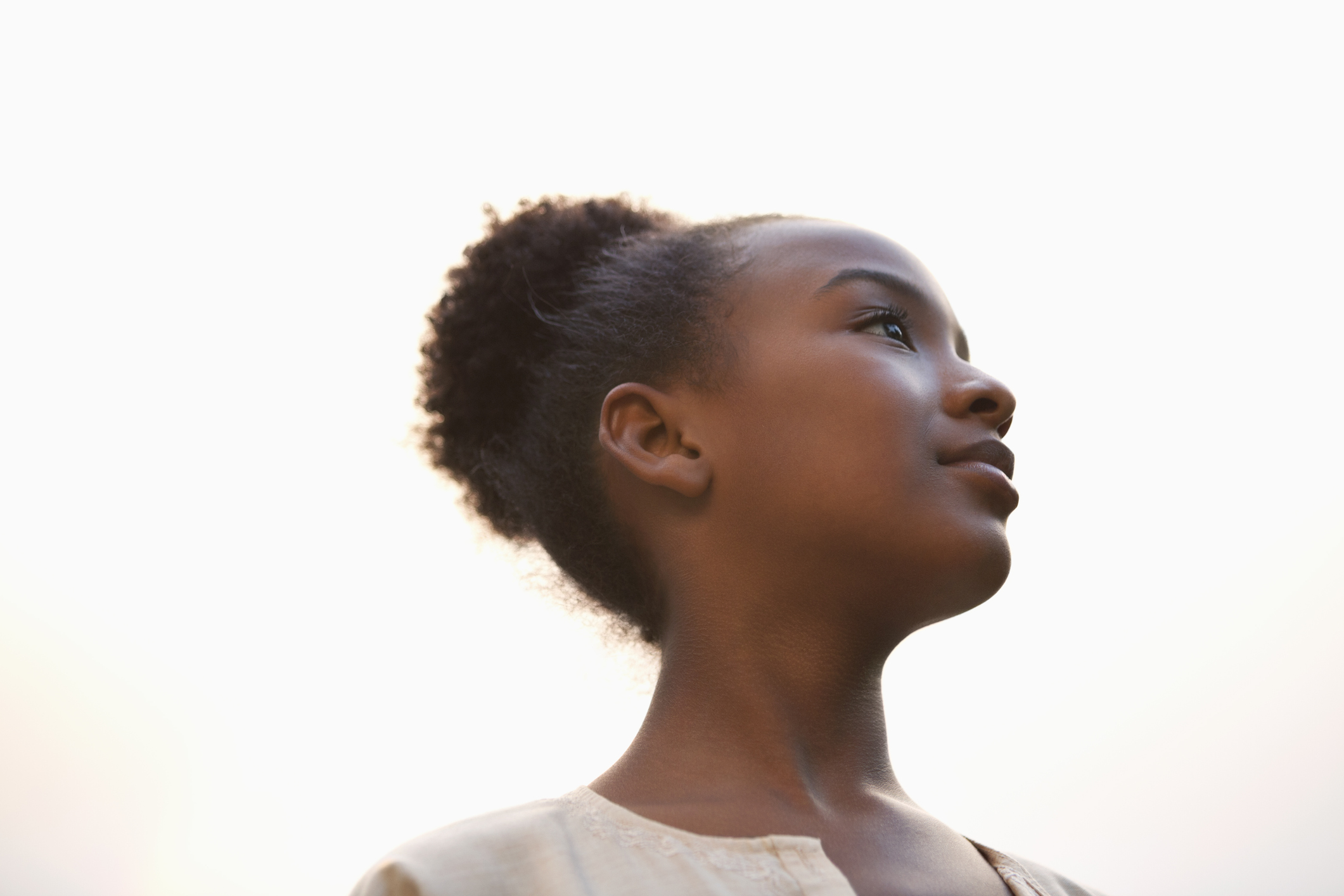A new study from the Georgetown Law’s Center on Poverty and Inequality revealed startling data about how Black girls are treated.
According to the report, researchers found that Black girls were less likely to be seen as girls and more likely to be treated like women. The Black female participants in the report were presumed to need less protection than their white peers.
Researchers started their work in 2017. Girls as young as 5 years old were believed by adults to need less comfort, nurturing and support than white girls the same age. By recruiting national focus groups, their latest report, released last Wednesday, builds off of the 2017 report.
“Black women and girls really attributed the source of this to the historical roots of slavery and the intersectionality of being Black and a woman,” Jamilia Blake, a Texas A&M professor and a co-author of the report, told Vox. “These issues didn’t come out of the blue.”
The latest report states negative stereotypes of Black women are projected onto Black girls. "Adultification bias" is the term used to describe how Black girls are cheated out of their childhoods. Because of adultification, Black girls received harsher treatment and are held to higher standards in school.
“Almost all the Black girls and women we talked to said they’d experienced adultification bias as children,” Blake said. “And they overwhelmingly agreed that it led teachers and other adults to treat them more harshly and hold them to higher standards than white girls.”
As students, Black girls and women reported they were deemed aggressive, loud and/or difficult for standing up for themselves. Adults were likely to claim Black girls were more violent and likely to start fights leading to higher suspension rates.
When Black girls expressed a contrary view, adults in a position of authority saw them as rebellious, suspicious or simply bad. Participants in the study also revealed they were generally considered sexually active as young children. The idea of Black girls being more sexual than their white counterparts played into the Jezebel stereotype.
One of the women profiled in the study shared she was asked by a nurse if she had sex. At the time, she was only in the sixth grade.
“And I was, like, at the time, like, what? Like, what? Nobody has sex. Like, I didn’t know anyone that had sex. And it was so crazy to me. And then just thinking, like, she would never think to ask my [white] friend that.”
Many of the women who participated in the study were not optimistic about change. Despite the damning findings, the data, they said, could not truly end racism and bias.
“It’s really striking that in the context of childhood, which is the epitome of innocence, Black girls are not getting the benefits of being viewed as innocent,” Rebecca Epstein, the executive director of the Georgetown Law Center on Poverty and Inequality, told Vox.
